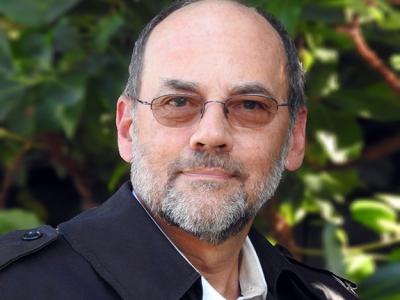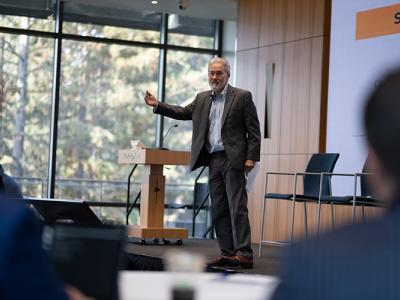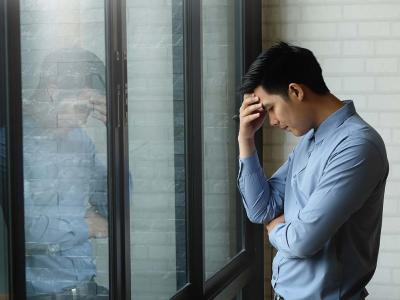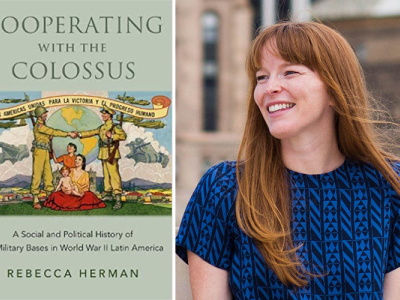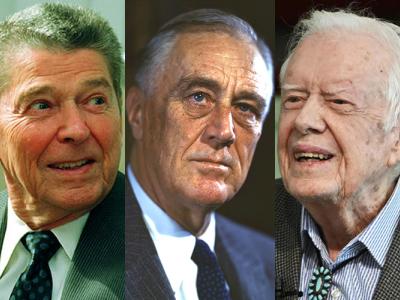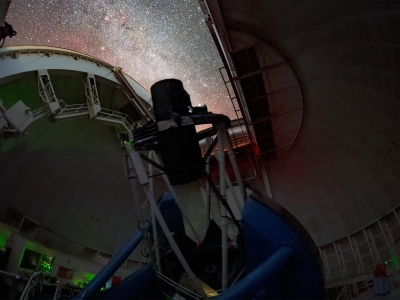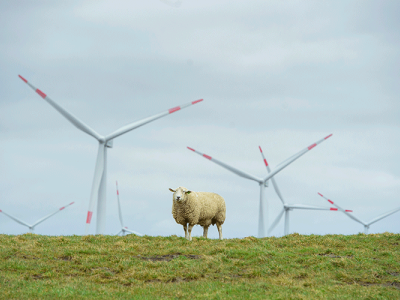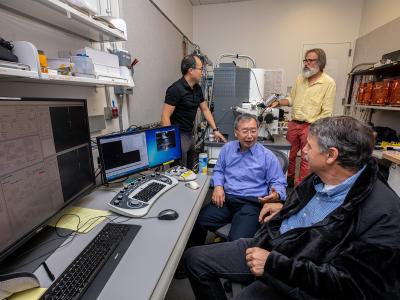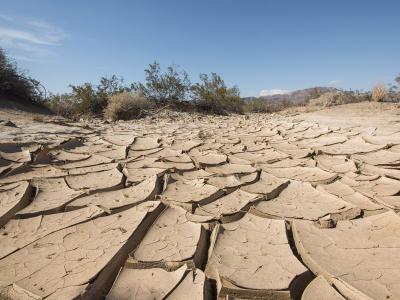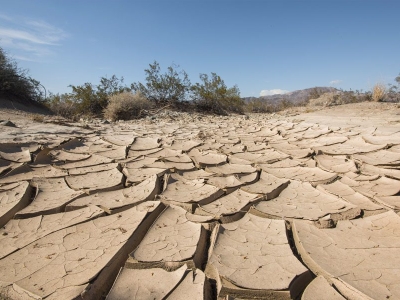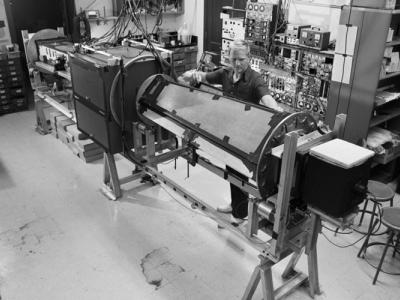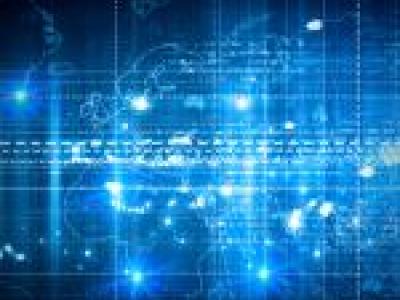Rachel Morello-Frosch, a professor in the Department of Environmental Science, Policy, and Management and the UC Berkeley School of Public Health, is UC Berkeley's newest member of the National Academy of Medicine.
Research News
Learn more about UC Berkeley's researchers and innovators.
Showing 625 - 640 of 3459 Results
Edward Lee is the inaugural recipient of the lifetime achievement award, and was honored for foundational contributions on modeling and design of embedded, real-time, and cyber-physical systems.
A collaboration between Reveal from The Center for Investigative Reporting, Mother Jones, the UC Berkeley Human Rights Center, and Berkeley Journalism’s Investigative Reporting Program have published a two-part investigation showing a disturbing landscape of birth control disinformation that actively targets women searching for functional contraception options in the United States.
The unassuming Pacific mole crab, Emerita analoga, is about to make some waves. UC Berkeley researchers have debuted a unique robot inspired by this burrowing crustacean that may someday help evaluate the soil of agricultural sites, collect marine data and study soil and rock conditions at construction sites.
How do we incentivize the use of climate-friendly blockchains? Should lawmakers play a key role in creating opportunities for underserved communities via crypto assets and Web3? And what can the crypto asset industry do to ensure wealth-building opportunities are accessible to historically excluded communities?
Are depressed people simply more realistic in judging how much they control their lives, while others view the world through rose-colored lenses, living under the illusion that they have more control than they do?
In Berkeley Talks episode 152, UC Berkeley history professor Rebecca Herman discusses her new book, Cooperating with the Colossus: A Social and Political History of U.S. Military Bases in World War II Latin America. She’s joined by Margaret Chowning, professor and Sonne Chair in Latin American History at Berkeley, and Kyle Jackson, a Berkeley Ph.D. candidate in history and a transnational historian of the Americas.
Amid much speculation and research about how our genetics affect the way we age, a University of California, Berkeley, study now shows that individual differences in our DNA matter less as we get older and become prone to diseases of aging, such as diabetes and cancer.
On June 11, lightning struck a remote ridge in the Baboquivari Mountain range outside of Tucson, Arizona. Within days, the Contreras Fire had traveled eight miles and climbed Kitt Peak, a 6,800-foot mountain dotted with white telescope domes. Within one was the Dark Energy Spectroscopic Instrument (DESI), the heart of a next-generation sky survey that is creating the largest 3D map of the universe.
Oil and gas prices skyrocketed following the Russian invasion of Ukraine in spring 2022, creating a global energy crisis similar to the oil crisis of the 1970s. While some countries used the price shock to accelerate the transition to cleaner sources of energy, such as wind, solar and geothermal, others have responded by expanding the production of fossil fuels.
A team led by researchers from the Department of Energy’s Lawrence Berkeley National Laboratory has now developed a method, using a solid-state “twisted” crystalline layered material, which gives rise to tiny light-emitting points called color centers. These color centers can be switched on and off with the simple application of an external voltage.
Coccidioidomycosis—also known as Valley fever—is an infectious disease that is taking an increasing toll on the health of Californians and people living throughout the Southwest. In a study published today in Lancet Planetary Health, researchers at UC Berkeley have discovered a pronounced role of California’s recent droughts in driving the transmission of the pathogen in the state.
Researchers at UC Berkeley have discovered a pronounced role of California’s recent droughts in driving the transmission of Valley fever in the state.
In 1971, graduate student Stuart Freedman and postdoctoral fellow John Clauser took over a room in the sub-basement of Birge Hall at the University of California, Berkeley, and built an experiment that would put to the test one of the most enduring weirdnesses of quantum mechanics, what Einstein called “spooky action at a distance.”
Andrew Reddie has launched the Berkeley Risk and Security Lab (BRSL), thanks to a $1.8M grant from the Founders Pledge Fund
Addressing the toughest questions at the intersection of technology, politics, and security. How will emerging technologies shape the future of war and peace? How might a new era of strategic competition between superpowers complicate matters?


